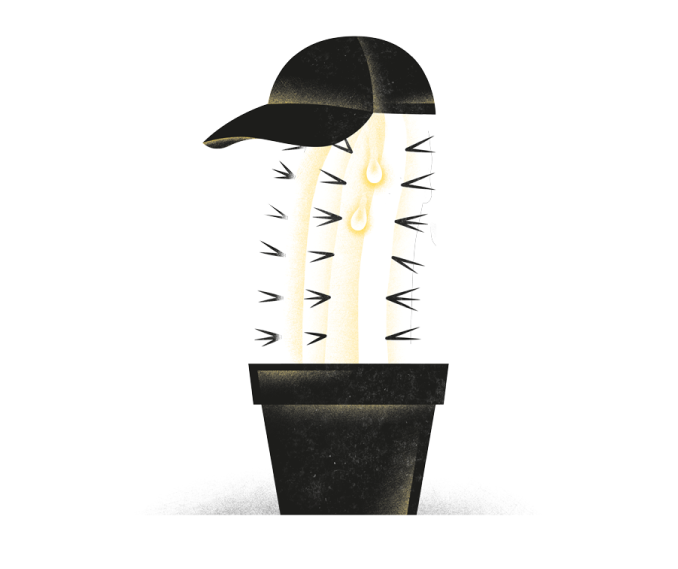Extreme Heat
Too Hot to Handle

Home > Climate Action > Extreme Heat
What You Need to Know
Extreme heat events are increasing in frequency, intensity and duration.
Extreme heat can trigger heat-related illness like heat stroke and worsen medical conditions like heart disease and breathing issues like asthma. While average temperatures in our area and across our world are on the rise, the local air quality is also decreasing from fair to poor. This can be harmful to your overall health and personal fitness. Access to local water and electrical power may be interrupted by rolling blackouts when electricity demand exceed the grid’s capacity.

Know Your Risk
Who's Impacted Most?
Extreme heat accounts for more annual deaths than any other single weather-related hazard. These types of events are especially dangerous for:
Persons who are unhoused
People living on the streets have limited protection from extreme heat.
People who live in mobile homes
Mobile homes are usually less equipped to deal with extreme heat.
Outdoor workers
People who work in construction, agriculture or other outdoor occupations have higher rates of hospitalizations related to extreme heat events.
Those with no health insurance
People without health insurance are less likely to receive care for injury or illness caused by extreme heat.
People with mental health issues
Extreme heat events can be associated with increased emergency room visits for mental health disorders, self-injury and suicide.
Households without cars
People without a car have a harder time getting to cooling centers like public libraries, museums, indoor shopping malls or movie theaters.
Infants, young children and older adults
These groups are especially sensitive to extreme heat, which can lead to more hospital visits and death.
Low-income households
These people are less able to pay for air conditioning during extreme heat, even if their homes have air conditioning equipment.
People with pre-existing health conditions
Extreme heat can worsen air pollution, which can trigger asthma attacks and put extra stress on people with heart disease.
What You Can Do
Dress for the heat.
Cool off without AC.
Find a cooling center.
During extreme heat, go to public places that provide air conditioning, water, restrooms, medical attention and social services.
Learn More
Be prepared.
Find out if you are or a loved one are at a higher risk for heat related illness and create your personalized extreme heat plan.
Learn More
Get involved.
Planting trees in your community can help to restore the urban forest that increases shade and rainwater capture.
Learn More
Extreme heat By Numbers
A 2006 California heat wave resulted in nearly $179 million in visits to the hospital and emergency rooms.
(Climate Insurance Report, pg. 52).
From 1999 to 2009, 19 heat-related events
resulted in over 11,000 hospitalizations.
(Climate Insurance Report, pg. 53).

